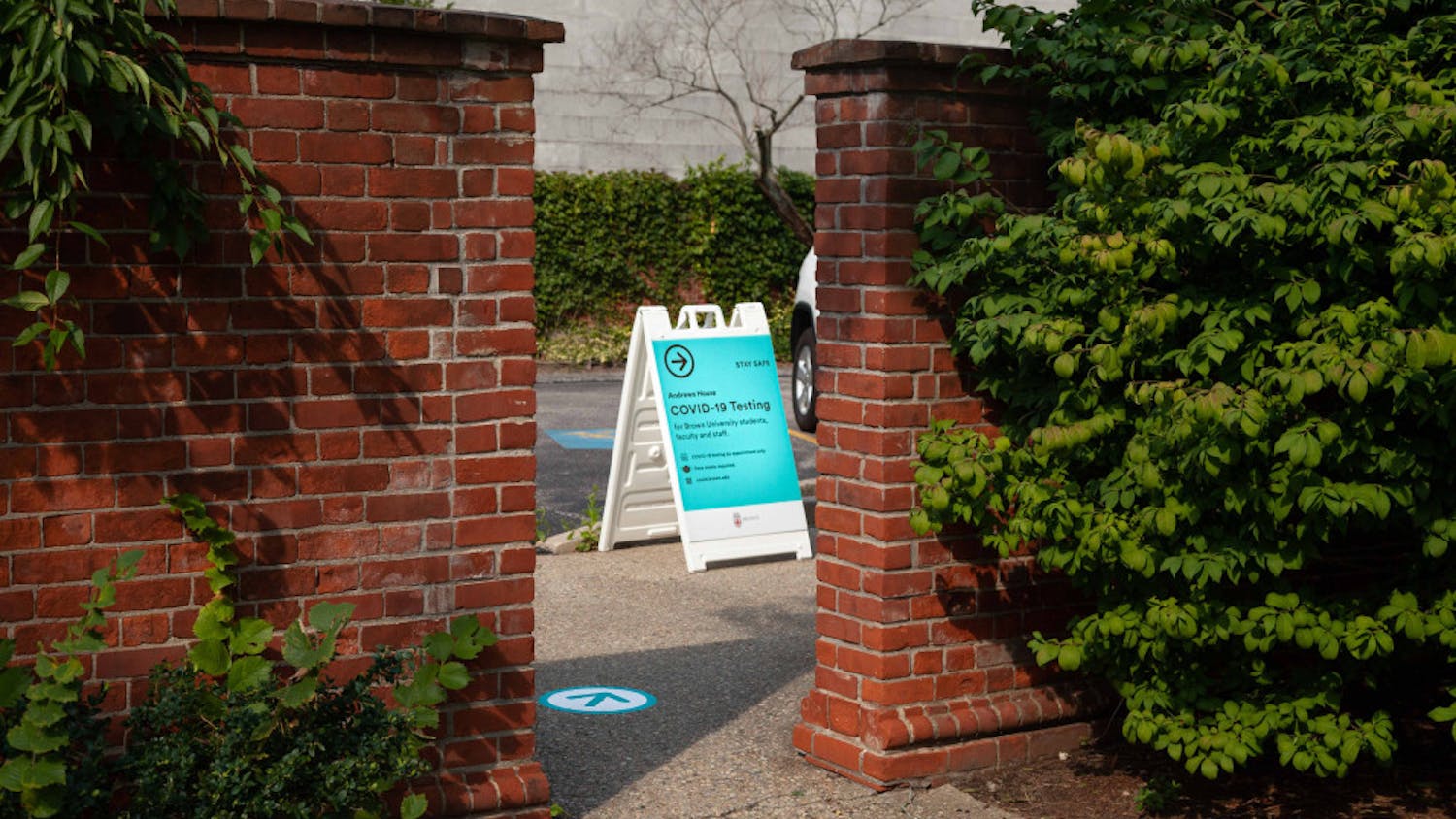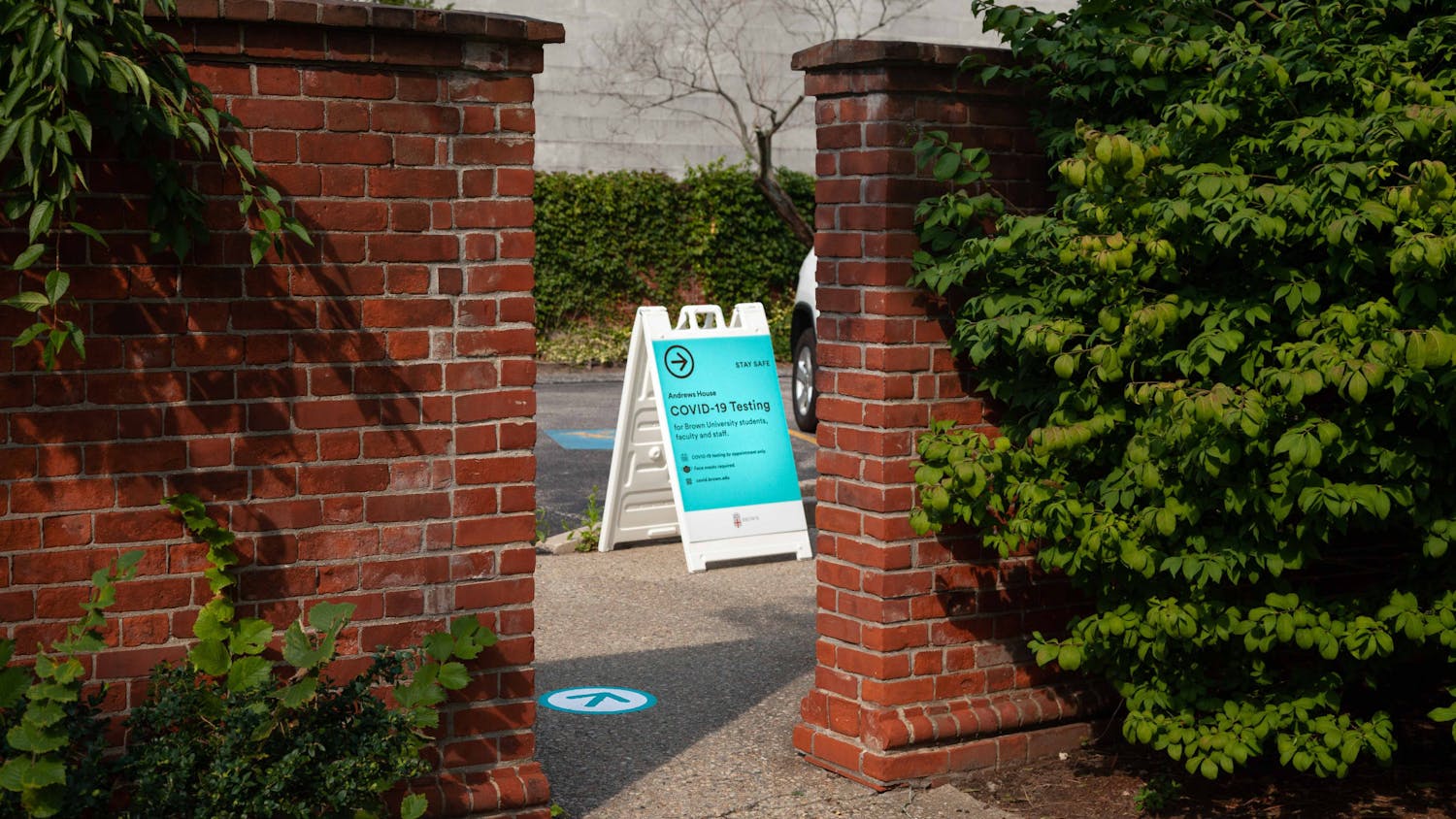The number of positive asymptomatic COVID-19 cases on campus has continued to decline for the past four weeks, with only six cases during the week of Oct. 10 to Oct. 15, according to the Healthy Brown COVID-19 Dashboard.
“It’s still early” to tell if Family Weekend this past weekend will impact COVID-19 spread on campus, but the University felt “very confident and comfortable” with the events planned while staying “cautious and keeping an eye on (positive case numbers),” said Executive Vice President for Planning and Policy Russell Carey ’91 MA’06.
The beginning of the semester saw an uptick in COVID-19 cases, which “caused a fair amount of stress,” particularly for new students who tested positive and missed 10 days of the semester in order to isolate, as well as for Health Services, student support teams and contact tracers, Carey said. In contrast, the Brown community is now doing “extremely well,” bringing the case numbers down by “adhering to guidance and taking steps to protect themselves and others,” he said.
“Students should feel very good about how they responded, and, in general, we feel like we’re on a very good path,” he added.
Reflecting on the semester so far, Carey said that “there’s always things that can be done better,” like “pivoting quickly to in-person dining and the challenge that has had on the dining staff,” who both work in the dining halls and manage food deliveries to students in isolation. In addition, the University’s lack of infrastructure to manage trash overflows is a “fair criticism,” Carey said.
Looking at the “big picture” of “where we were in August and early September with a lot of uncertainty about the Delta variant and how it would impact a fully vaccinated population, I think everybody did their best and came through it quite well,” he said.
The University is currently “anticipating most eagerly” vaccinations for five- to 11-year-olds, which the Food and Drug Administration advisory committee is meeting to discuss Oct. 26, Carey said. While this is “probably not on the radar screen of most students, it absolutely is for faculty, staff, graduate and medical students with young children” and will have a “significant impact on people’s comfort levels,” he added.
The University will be monitoring Thanksgiving and winter breaks, both of which include a lot of travel and “can produce some risks,” Carey said.
For the spring semester, the University is having “active conversations” about booster vaccine doses and testing frequency and type, Carey said. “There’s clearly an effort at the federal level to make antigen testing, (or) rapid testing, more readily available to people, and I could see that having an impact on the campus, but it’s still not entirely clear how successful those efforts are going to be.”
Gabriella is the Senior Science & Research Editor of The Brown Daily Herald. She is a junior from San Francisco studying neuroscience on the premedical track.





